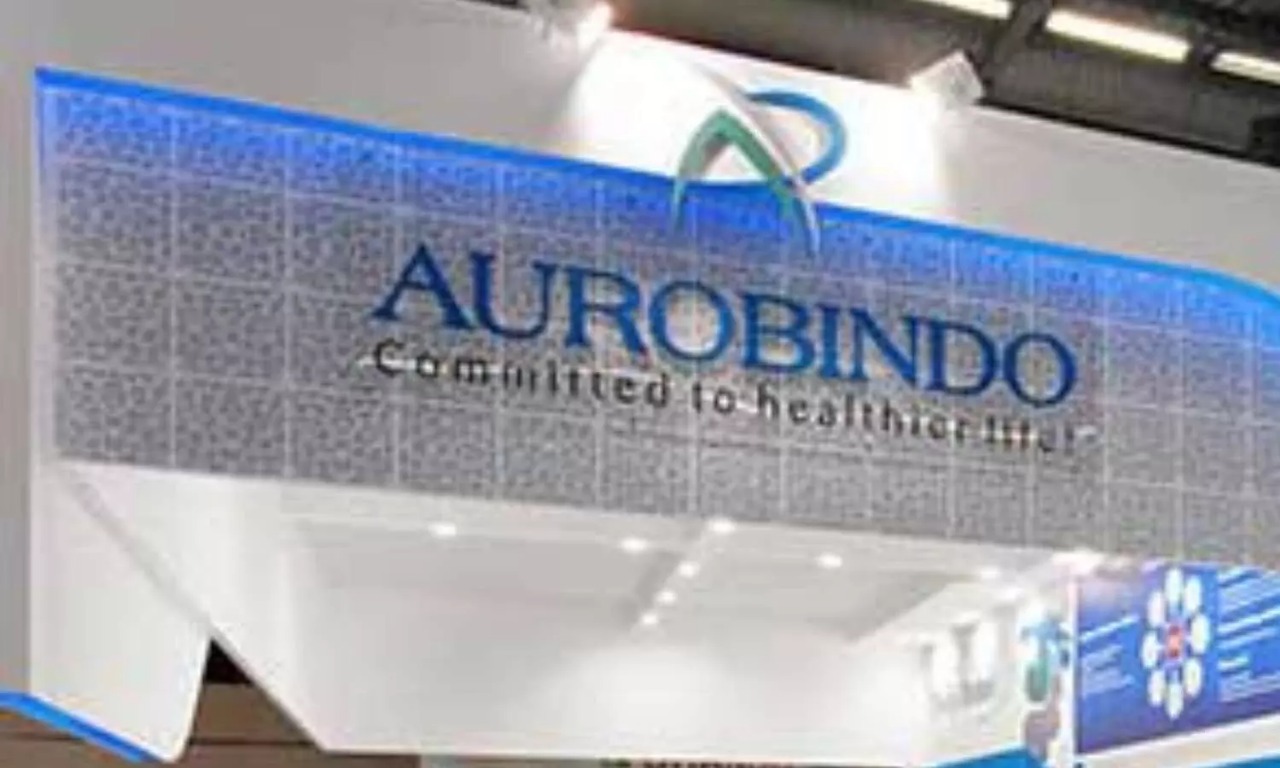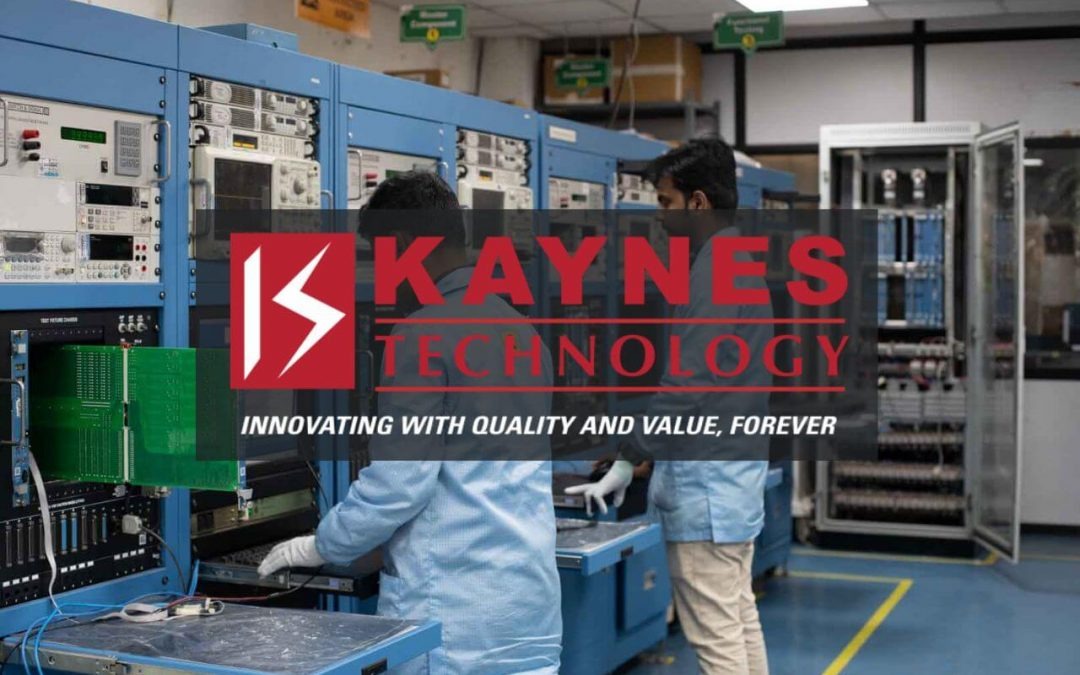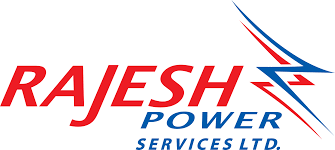 Image Source : Medical Dialogues
Image Source : Medical Dialogues
Aurobindo Pharma Ltd, through its wholly owned subsidiary CuraTeQ Biologics, has reported significant progress in the development of its denosumab biosimilar, BP16. The company announced that its Phase 3 clinical study underway in Europe met all primary clinical endpoints, marking a crucial step toward regulatory approval and future market entry.
Key Highlights Of The Denosumab Biosimilar Development
Clinical Study Success
The rigorous Phase 3 study involved women with postmenopausal osteoporosis and demonstrated that BP16 matched the reference drug denosumab (marketed as Prolia® and Xgeva®) in efficacy, safety, pharmacokinetics, and immunogenicity. This study confirms the biosimilar’s therapeutic equivalence to the original drug used widely in bone loss treatment.
Positive Phase 1 Results Prior To Phase 3
In April 2025, CuraTeQ Biologics announced successful Phase 1 pharmacokinetics and pharmacodynamics studies with 204 healthy volunteers in Australia and New Zealand, showing bioequivalence within the strict regulatory bioequivalence range (80-125%).
Mechanism And Therapeutic Use
Denosumab is a monoclonal antibody targeting RANK ligand (RANKL), which plays a key role in bone resorption by inhibiting osteoclast activity. It is primarily used for treating osteoporosis in postmenopausal women, bone complications from cancer metastasis, and bone weakness from cancer therapies.
Regulatory Pathway And Market Outlook
With Phase 3 clinical success, Aurobindo plans to submit Marketing Authorization Applications to regulatory bodies in Europe (CHMP/EMA) and other markets. The denosumab biosimilar space is highly promising, with multiple biosimilars already approved or under review globally, reflecting strong demand and substantial market opportunity.
Strategic Importance For Aurobindo Pharma
The development of BP16 aligns with Aurobindo’s strategic focus on biosimilars for oncology and autoimmune diseases. It expands the company’s pipeline and strengthens its position in affordable biologic therapies while addressing patient access challenges.
Industry Context And Competitive Landscape
Denosumab biosimilars have become a competitive segment worldwide, driven by increasing osteoporosis prevalence and demand for cost-effective alternatives to branded biologics. Several international players such as Celltrion, Samsung Bioepis, and Sandoz have launched or seek approvals for denosumab biosimilars, indicating an active and growing market.
Aurobindo’s entrance with BP16 backed by robust clinical data enhances competition and offers patients and payers broader choices.
Conclusion
Aurobindo Pharma’s CuraTeQ Biologics crossing all clinical endpoints in its denosumab biosimilar Phase 3 study marks a vital milestone, reflecting scientific excellence and strategic foresight. With ongoing regulatory progress, BP16 has high potential to become a vital treatment option in global bone health therapeutics.
This breakthrough not only advances Aurobindo’s biosimilar ambitions but also underscores India’s growing role in innovative biopharma manufacturing and research.
Sources: CuraTeQ Biologics official release, Aurobindo Pharma announcements, CNBC TV18, Medical Dialogues, Business Standard.
Advertisement
Advertisement






